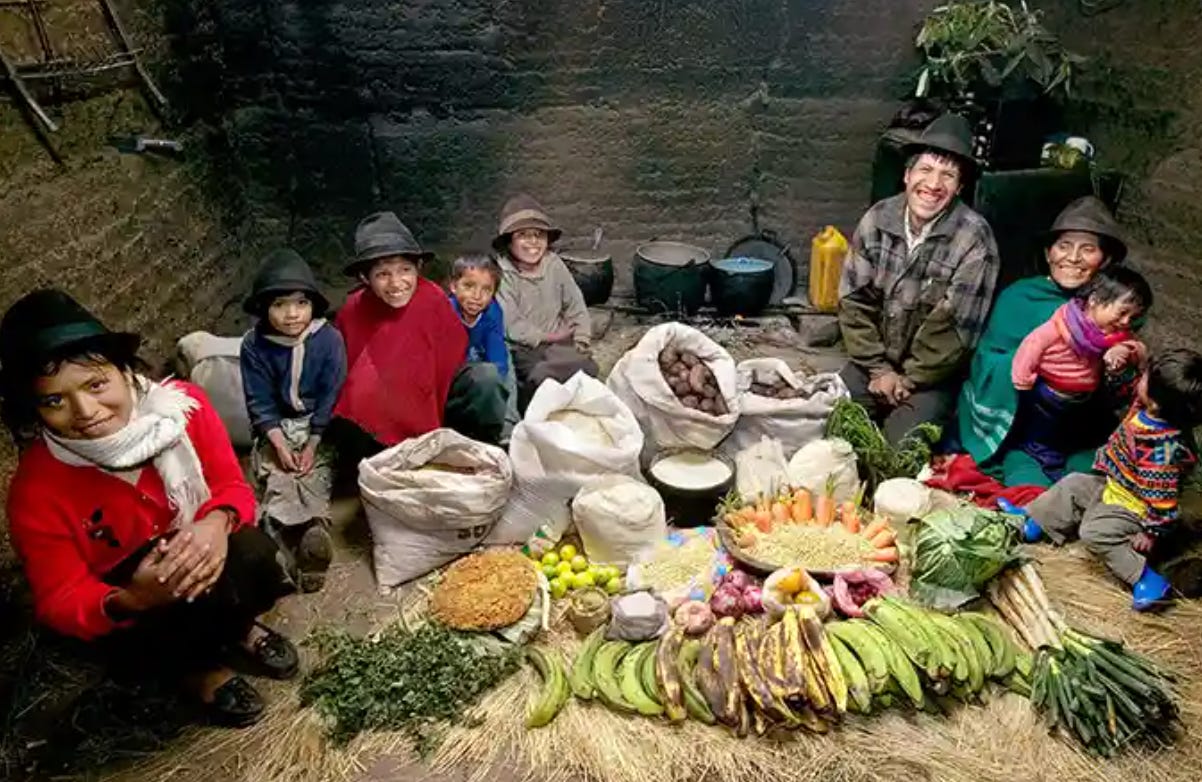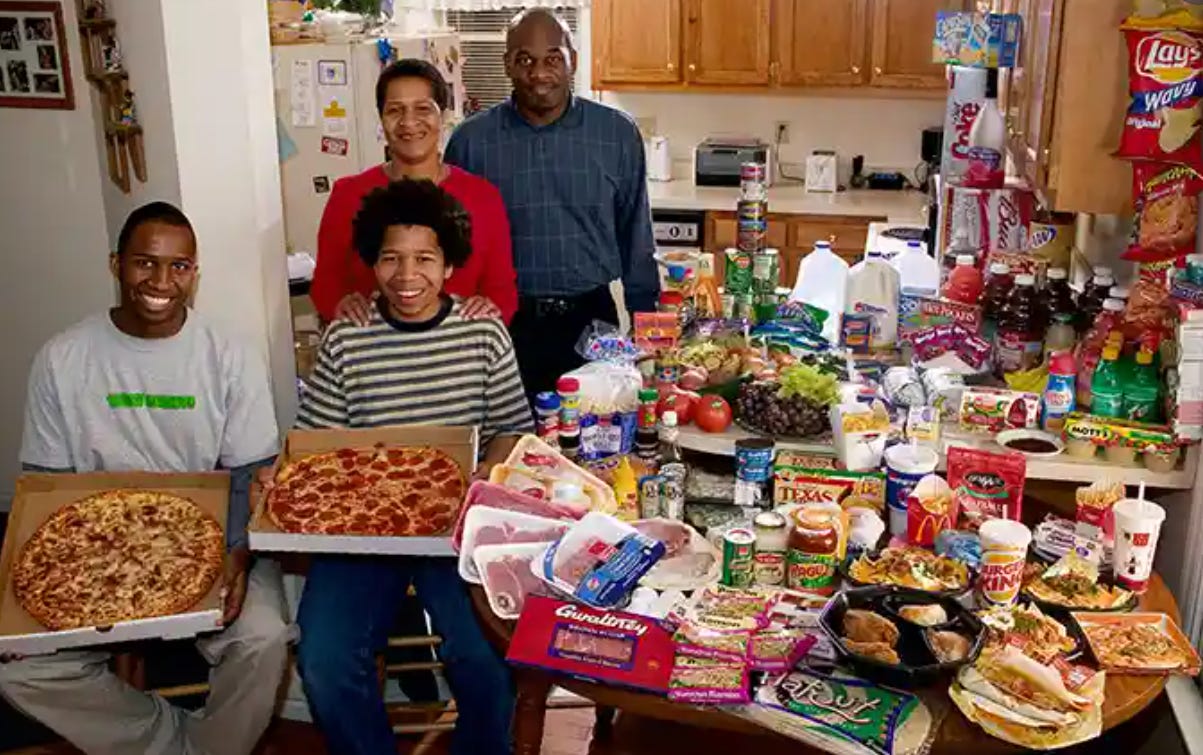The power of asking more expansive questions
Do the questions you ask yourself lead to creativity and forward motion?
Last month, I went to Mexico with the real-life Patch Adams. I had some conversations with his wife, Susan, who runs a project called “School for Designing a Society.” While sitting next to me on the bus, Susan asked me a question which felt like a smack across the face. This was what I’ll call a meta-question. A question about questions. Susan asked:
Which questions do you ask yourself when you need to make a decision?
I realized that I had no idea. So, I started a page in my journal with a running log of such questions. And yesterday, as I lay in bed thinking about the environment, I realized that I was ready to change the questions I ask myself.
Let me elaborate…
A while back, I read a book called No Impact Man. As you might guess from the title, the author of the book tries to live with as small of an environmental impact as possible. What I got from reading his account is that living like this in modern society is HARD. The guy forgoes visiting family on the holidays. Buying food without plastic getting involved is a daily puzzle. Constantly swimming against the stream, he causes much tension in his personal life.
After reading this book, and also absorbing media about carbon footprints and the like, the question that had been bouncing around in the back of my mind was:
How can I reduce my personal environmental impact?
This question has lead me to considerable shame and wasn’t really changing the big picture of what was happening in the world. But I didn’t yet have an alternative.
Then, yesterday, as part of a course on climate-friendly food, I saw a photojournalism piece of families from around the world posing with their food for the week.
Check out these two photos:
Looking at these photos, I saw the power of the society we live in. If we live in a society where food comes direct from farms and markets, that’s where we’ll most likely shop (the first photo). If we live in a society where food comes packaged and frozen and fast, that’s what we’ll most likely eat (the second photo).
Yes, there is some level of choice, but this choice is dependent on having the time and financial means to obtain healthier, more sustainable food. Not everyone has these means.
A new question dawned on me:
How do we design a society where both humans and nature thrive?
Tomorrow morning, I will fly to Missouri, to spend two weeks at Dancing Rabbit Ecovillage. From the perspective of the first question — reducing my personal impact — taking flights causes carbon emissions and I should not do it.
But from the perspective of the second question — designing a thriving society — perhaps I’ll get some good ideas, meet inspiring people…
The second question is more expansive, and, in the long-run, I think will be more productive. The first question often leads to shame. The second leads to new experiences and creativity.
My environ/mental health journey has largely been about changing the questions that I’m asking myself. Humans, like trees and all of nature, live in an interdependent society. I’m now more interested in finding ways to create a better society, which provides better default options for people, than to focus only on myself and what I’m doing “right” or “wrong.”
I hope that this post stimulates you to find more expansive questions of your own. Questions that will inspire you to think in new ways. Questions that will birth new joyful ideas into the world.
Credit: Thanks to Soapbox Project, a fantastic online community through which I’m taking the climate-friendly food course.





